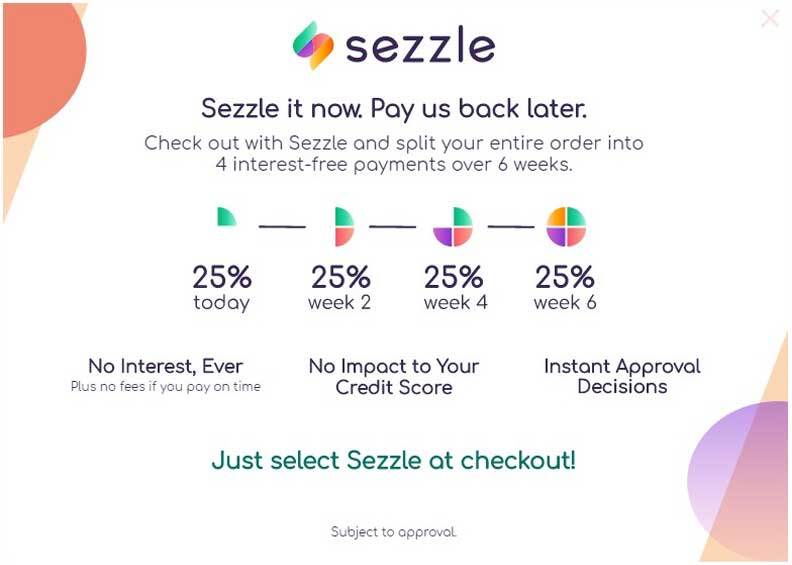Description
Cardizem (diltiazem hydrochloride) is a medication used to manage chronic stable chest pain and chest pain due to coronary artery spasm.
| Fact Table |
| Formula |
C22H26N2O4S |
| License |
US DailyMed |
| Bioavailability |
40% |
| Legal status |
Rx-Only |
| Chemical Name |
Diltiazem |
| Elimination half-life |
3–4.5 hours |
| Dosage (Strength) |
30mg, 60mg, 90mg, 120mg |
| Pregnancy |
Not recommended |
| Brands |
Cardizem |
| Protein binding |
70-80% |
| PubChem CID |
39186 |
| MedlinePlus |
a684027 |
| ChEBI |
101278 |
| ATC code |
C05AE03 |
| DrugBank |
DB00343 |
| KEGG |
D07845 |
| Routes of administration |
By mouth |
Directions
The instructions that come with your Cardizem prescription should be carefully read and followed. If you have any questions or concerns, talk to your doctor or pharmacist.
Cardizem is available in 30 mg, 60 mg, 90 mg, and 120 mg tablets that should not be crushed or chewed; they should be swallowed whole.
The typical starting dose is 30 mg by mouth four times a day, before meals and at bedtime.
The dosage may be adjusted depending on how well you tolerate the medication.
Ingredients
Each Cardizem tablet contains diltiazem, a calcium ion cellular influx inhibitor.
Contraindications
Do not take Cardizem if you have sick sinus syndrome unless you have a functioning ventricular pacemaker.
Do not take Cardizem if you have a second- or third-degree AV block unless you have a functioning ventricular pacemaker.
Do not take Cardizem if you have a systolic blood pressure that is less than 90 mm HG.
Do not take Cardizem if you are allergic to diltiazem or any of its other ingredients.
Do not take Cardizem if you have a heart attack and pulmonary congestion documented on X-ray when admitted to the hospital.
Cautions
- Before you start taking Cardizem, inform your doctor of:
- All the medications you take, including all prescription and over-the-counter medications, herbal supplements, and vitamins
- Your allergies
- Your health conditions and medical history
- Your pregnancy or breastfeeding status
- Taking Cardizem with beta-blockers or digitalis may affect cardiac conduction. Ask your doctor if you are unsure whether or not you take beta-blockers or digitalis.
- There is limited experience regarding the use of Cardizem by itself or with beta-blockers in patients who have impaired ventricular function.
- Cardizem can cause symptomatic low blood pressure.
- Cardizem can cause sudden liver damage, although rare and reversible when Cardizem is stopped.
Side Effects
Cardizem (diltiazem) side effects include swelling, headache, nausea, dizziness, rash, and lack of energy; however, these may not be all the possible side effects of Cardizem. It's recommended to contact your doctor right away if you develop side effects that bother you or will not resolve.
Reference:
Cardizem (diltiazem hydrochloride). Bridgewater, NJ: Valeant Pharmaceuticals North America LLC; 2014.
Frequently Asked Questions about Cardizem (Diltiazem)
What is Cardizem (Diltiazem)?
Cardizem, also known by its generic name Diltiazem, is a medication used to treat various heart and blood pressure conditions. It belongs to a class of drugs known as calcium channel blockers.
What is Cardizem used for?
Cardizem is prescribed to treat conditions such as hypertension (high blood pressure), angina (chest pain), and certain heart rhythm disorders, including atrial fibrillation and atrial flutter.
How does Cardizem work?
Cardizem works by relaxing blood vessels and reducing the workload on the heart. It does this by blocking the entry of calcium into the muscle cells of the heart and blood vessels, leading to a decrease in heart rate and blood pressure.
What are the different forms of Cardizem available?
Cardizem is available in various forms, including immediate-release tablets, extended-release capsules, and intravenous (IV) formulations.
How should I take Cardizem?
Follow your healthcare provider's instructions carefully. Generally, Cardizem is taken orally with or without food. It's important to take it at the same time each day for the best results.
What should I do if I miss a dose of Cardizem?
If you miss a dose, take it as soon as you remember. However, if it's close to the time for your next dose, skip the missed dose and resume your regular dosing schedule. Do not double up on doses.
Are there any potential side effects of Cardizem?
Yes, like all medications, Cardizem can cause side effects. Common side effects may include dizziness, headache, constipation, and flushing. Serious side effects are rare but can include slow heart rate, low blood pressure, and allergic reactions. Contact your doctor if you experience any unusual or severe side effects.
Can I take other medications along with Cardizem?
Cardizem may interact with other medications, including certain antibiotics, antifungals, and medications for high blood pressure. Always inform your healthcare provider about all the medications and supplements you are taking to avoid potential interactions.
Can Cardizem cure my heart condition?
Cardizem can help manage and control heart and blood pressure conditions, but it is not a cure. It is important to continue taking the medication as prescribed by your healthcare provider and follow their recommendations for a healthy lifestyle.
How should I store Cardizem?
Store Cardizem at room temperature, away from moisture and light. Keep it out of reach of children and pets.
About Dr. Savannah Muncy (Page Author)
Dr. Muncy (PharmD) studied science and education as an undergraduate before attending the Appalachian College of Pharmacy where she completed her PharmD in three years. She is currently using her pharmacy and healthcare expertise to write medical content for clients all around the world. She is focused on delivering the most current, accurate, and engaging information to healthcare professionals and patients. Read More....
IMPORTANT NOTE:
The above information is intended to increase awareness of health information and does not suggest treatment or diagnosis. This information is not a substitute for individual medical attention and should not be construed to indicate that use of the drug is safe, appropriate, or effective for you. See your health care professional for medical advice and treatment.
Product Code : 10082


